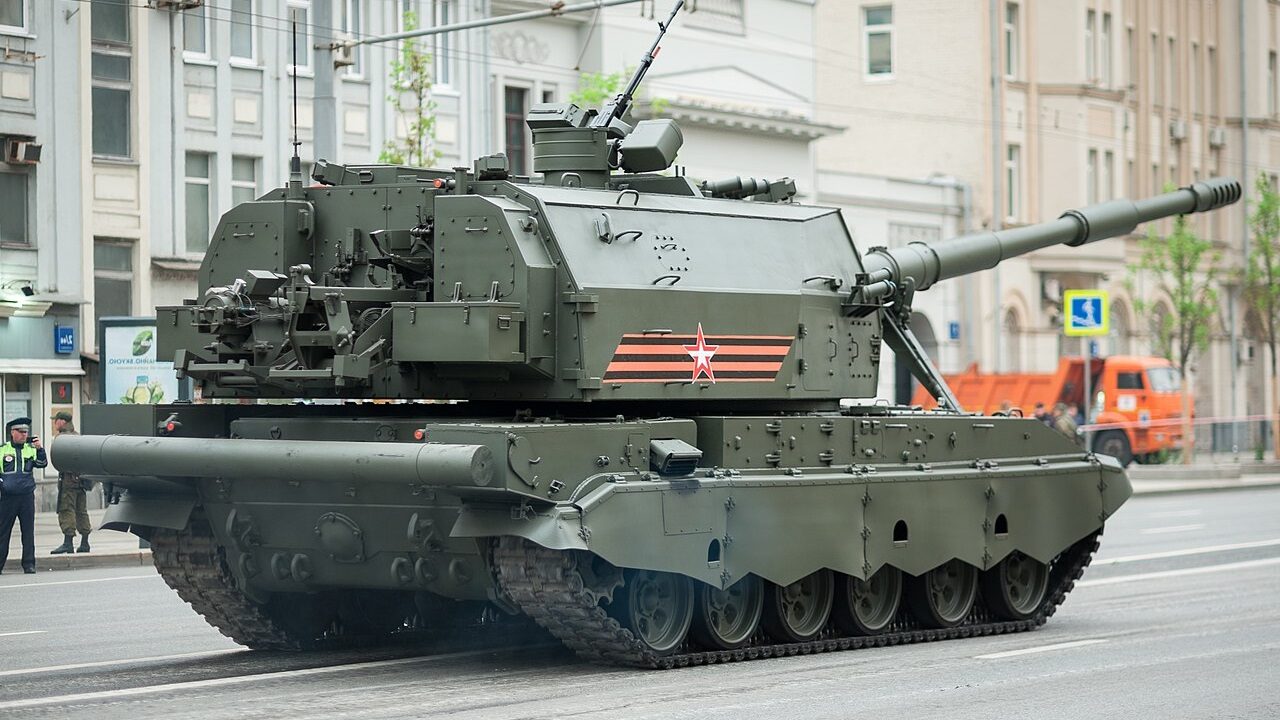BP (formerly called British Petroleum), Azerbaijan’s major international energy partner, announced it is drilling two new wells as Azerbaijan seeks to send more gas to Europe. The results of the wells, which will take about a year to sink and develop, will determine if the deep gas field is commercially viable.
The move to increase Azerbaijani output comes against the backdrop of Baku struggling to fulfill its export contracts to Europe. While many Azerbaijanis and their boosters in the Washington think tank scene suggest that Azerbaijan fulfills an important security role for Europe by providing an energy source that eliminates dependence on Russia or Iran, the reality is that because Azerbaijan ships more than it produces, much of the oil and gas Azerbaijan provides to Europe likely comes from Iran or Russia.
In November 2021, for example, Iran announced that it had finalized a gas swap scheme with Turkmenistan and Azerbaijan. Iranian officials say 1.5 to two billion cubic meters of gas will be transported annually.
A year later, Russia’s state gas producer Gazprom announced that it would supply Azerbaijan’s state oil company SOCAR with one billion cubic meters of gas to help Azerbaijan fuel itself and meet its obligations. Azerbaijan also struck a deal with Russia’s Lukoil to bolster production.
This raises an uncomfortable question: Is the southern oil corridor through Azerbaijan and Turkey described as a means to wean Europe off Russian and Iranian gas more illusion rather than reality?
If 20 percent of Azerbaijani gas is actually Russian or Iranian in origin, that suggests that Europe is still providing tens of billions of dollars to these countries and funding their military aggression.
More troubling is the fact that these swaps and possible gas laundering come against the backdrop of the State Department’s efforts to undermine the EastMed pipeline that carries Cypriot gas and perhaps hydrogen as well but bypasses all Russian, Iranian, and Turkish gas.
As Russia prepares for a new offensive and as Iran continues to ship drones to the Russian Army and use them to destabilize its own neighbors, it is time both the European Union and the White House calibrate their energy policy to reality rather than a carefully crafted illusion.
A 19FortyFive Contributing Editor, Michael Rubin is a senior fellow at the American Enterprise Institute, where he specializes in Iran, Turkey, and the broader Middle East. A former Pentagon official, Dr. Rubin has lived in post-revolution Iran, Yemen, and both pre- and postwar Iraq. He also spent time with the Taliban before 9/11. For more than a decade, he taught classes at sea about the Horn of Africa and Middle East conflicts, culture, and terrorism, to deployed US Navy and Marine units.

